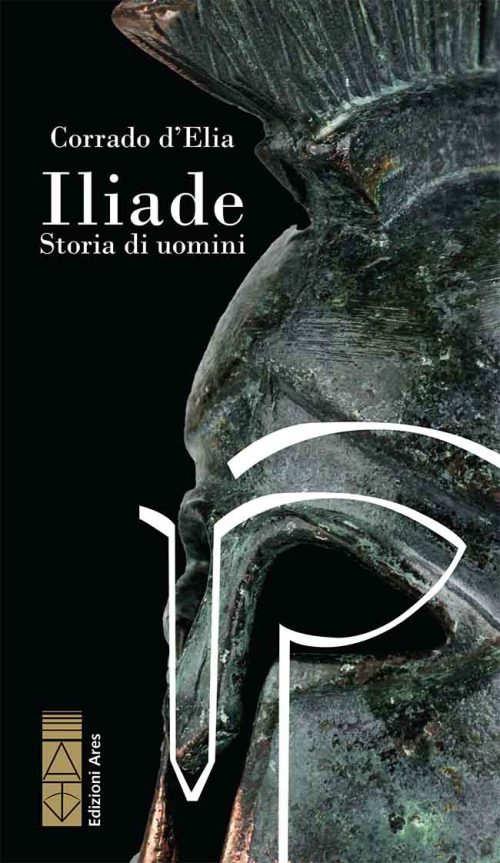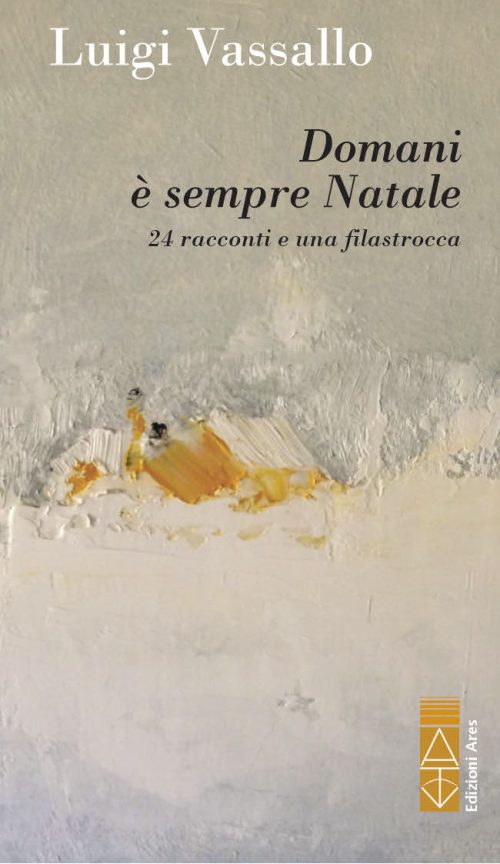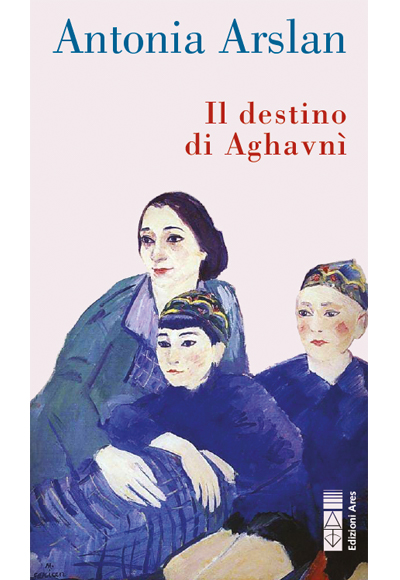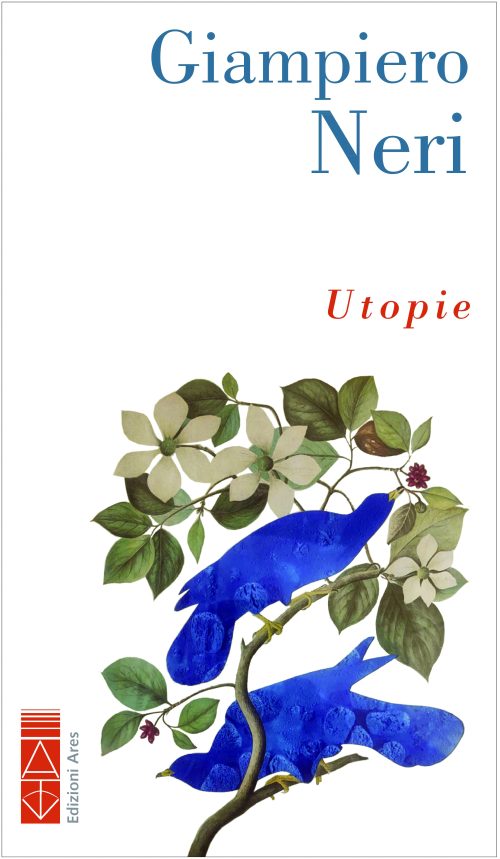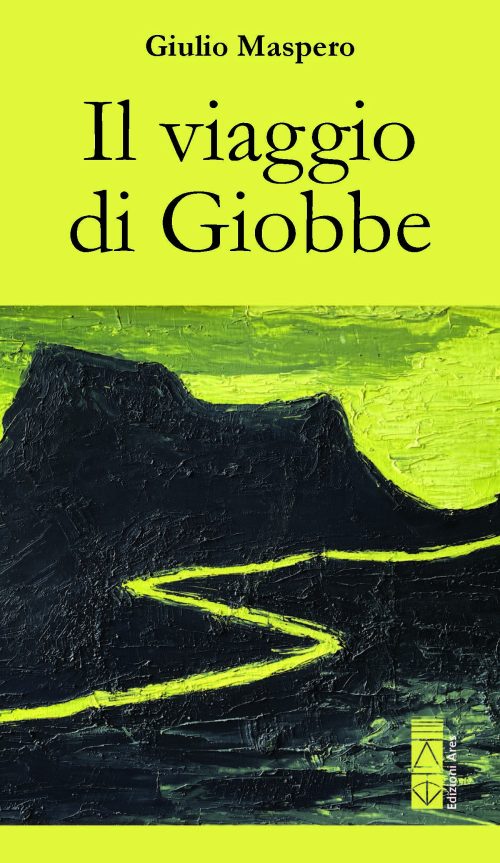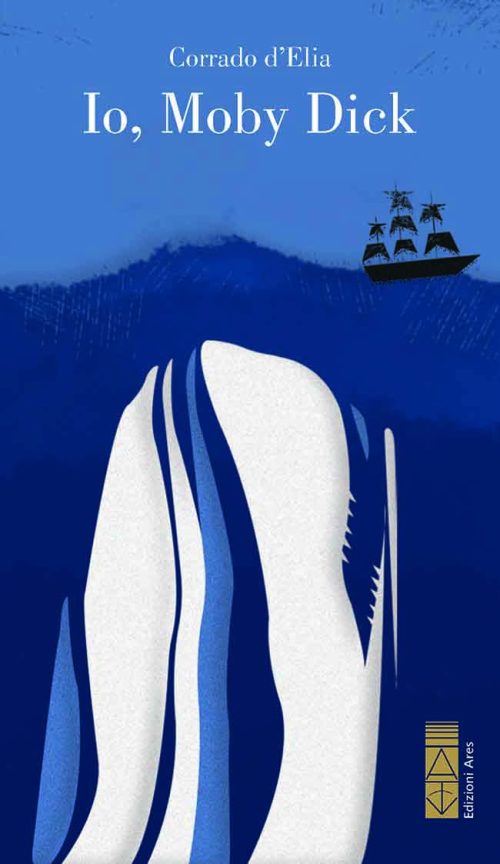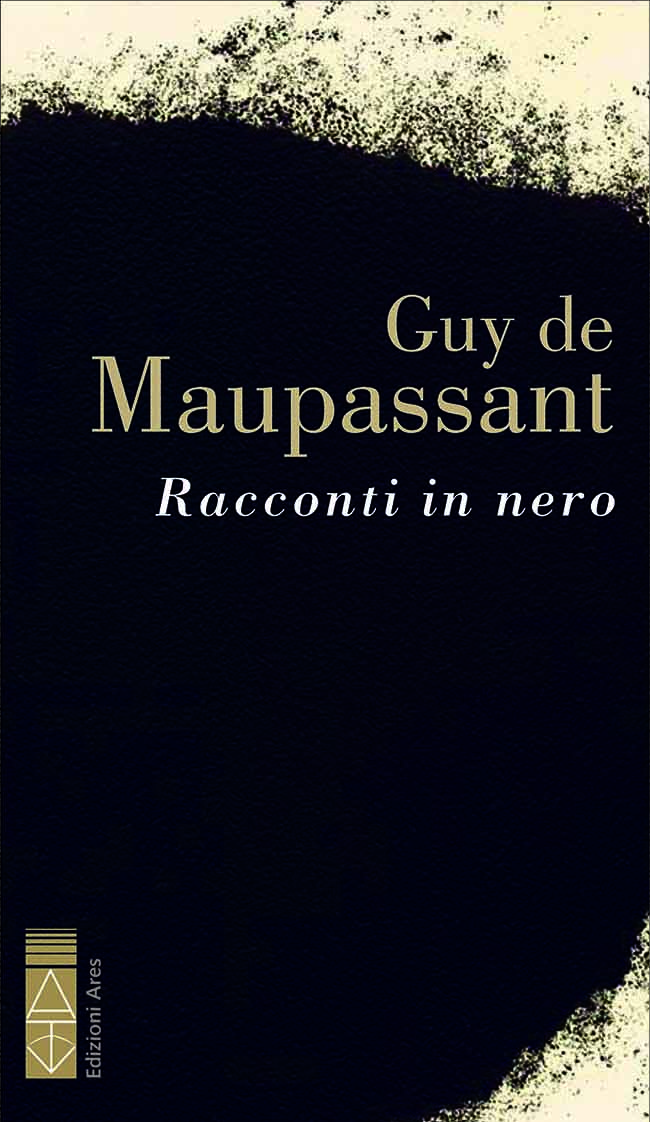
Racconti in nero
Traduzione e cura di Silvia Stucchi
Invito alla lettura di Giuseppe Conte
€14,00 €11,20
Risparmi €14
Spese di spedizione per l’Italia: 5,60 €
SPEDIZIONE GRATUITA PER ORDINI SOPRA I 30,00 €
Vedi dettagli e opzioni di spedizione
Disponibile
“L’impressione dell’autunno, di quell’umidità tiepida che risente della morte delle foglie e del sole indebolito, affaticato, anemico, rendeva più acuta, impregnandola di poesia, la sensazione di solitudine e di fine senza appello che aleggia su questo luogo, che risente della presenza della morte degli uomini.”
Da sempre i cimiteri hanno affascinato gli scrittori in quanto luoghi di raccoglimento e di meditazione sulla fugacità del tempo e della vita; sfumature perfettamente condensate da Guy de Maupassant (1850-1893) in queste sei novelle scelte e tradotte da Silvia Stucchi. I lettori ritroveranno la grandezza di Maupassant in questi racconti a tratti orrifici e grotteschi, ironici o tragici. E proveranno il desiderio, come scrive Giuseppe Conte nell’Invito alla lettura, «di approfondire la conoscenza di quel genio di Maupassant, inventore del racconto moderno, figura centrale nella letteratura francese del XIX secolo, quello della sua gloria. E forse proveranno addirittura il desiderio di addentrarsi con altri occhi, rinnovati e capaci di vederne il fascino, dentro la selva di lapidi, statue ed epitaffi di un cimitero».
de Maupassant Guy
la Lettura - Corriere della Sera: E Maupassant si veste di nero
Scarica PDFIl Sole 24 Ore: Maupassant travet svogliato
Scarica PDFAvvenire: Maupassant e la provvisorietà della vita
Scarica PDF“The impression of autumn, of that lukewarm humidity affected by the death of the leaves and the weakened, fatigued, anaemic sun, sharpened, imbuing it with poetry, the feeling of loneliness and of an end without appeal that hovers over this place, which feels the presence of the death of men.”
Cemeteries have always fascinated writers as places of recollection and meditation on the transience of time and life; nuances perfectly condensed by Guy de Maupassant (1850-1893) in these six novellas chosen and translated by Silvia Stucchi. Readers will find Maupassant’s greatness in these tales that are at times horrific and grotesque, ironic or tragic. And they will feel the desire, as Giuseppe Conte writes in his Invitation to Reading, “to deepen their knowledge of that genius of Maupassant, inventor of the modern short story, a central figure in 19th century French literature, that of his glory. And perhaps they will even feel the desire to delve with other eyes, renewed and able to see his charm, into the forest of tombstones, statues and epitaphs of a cemetery”.
